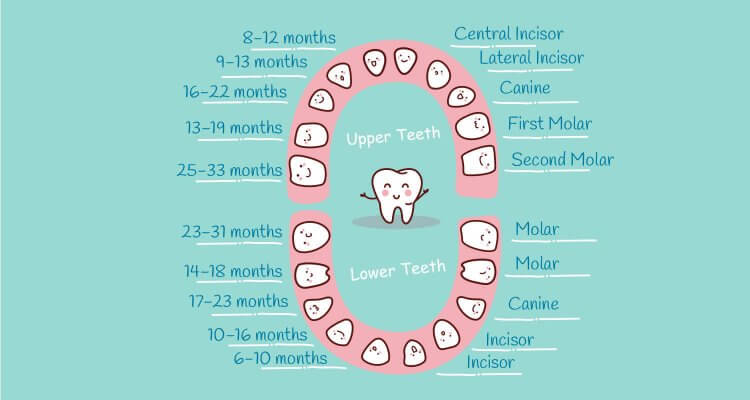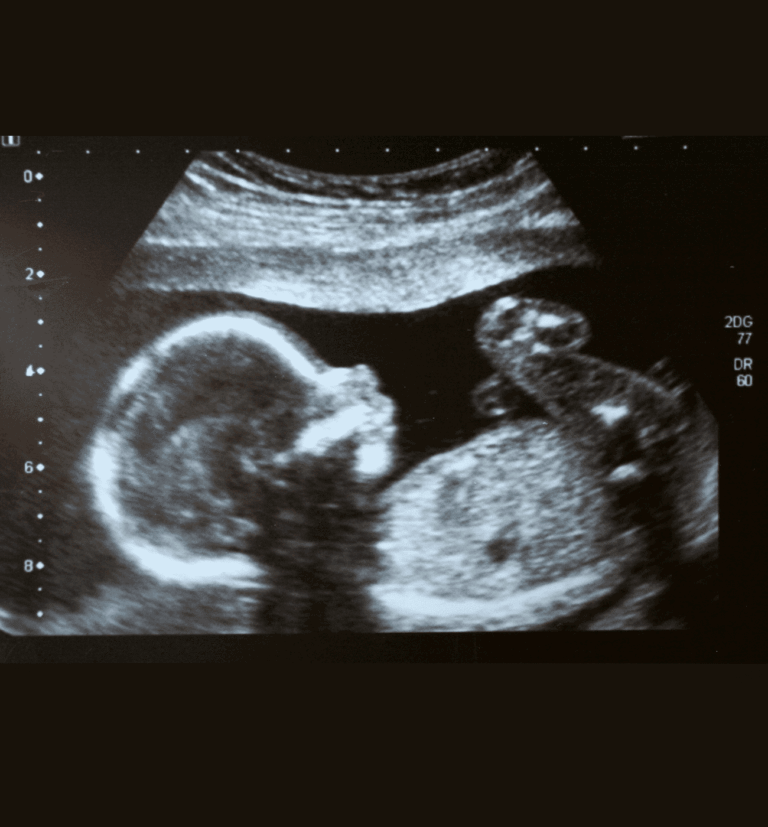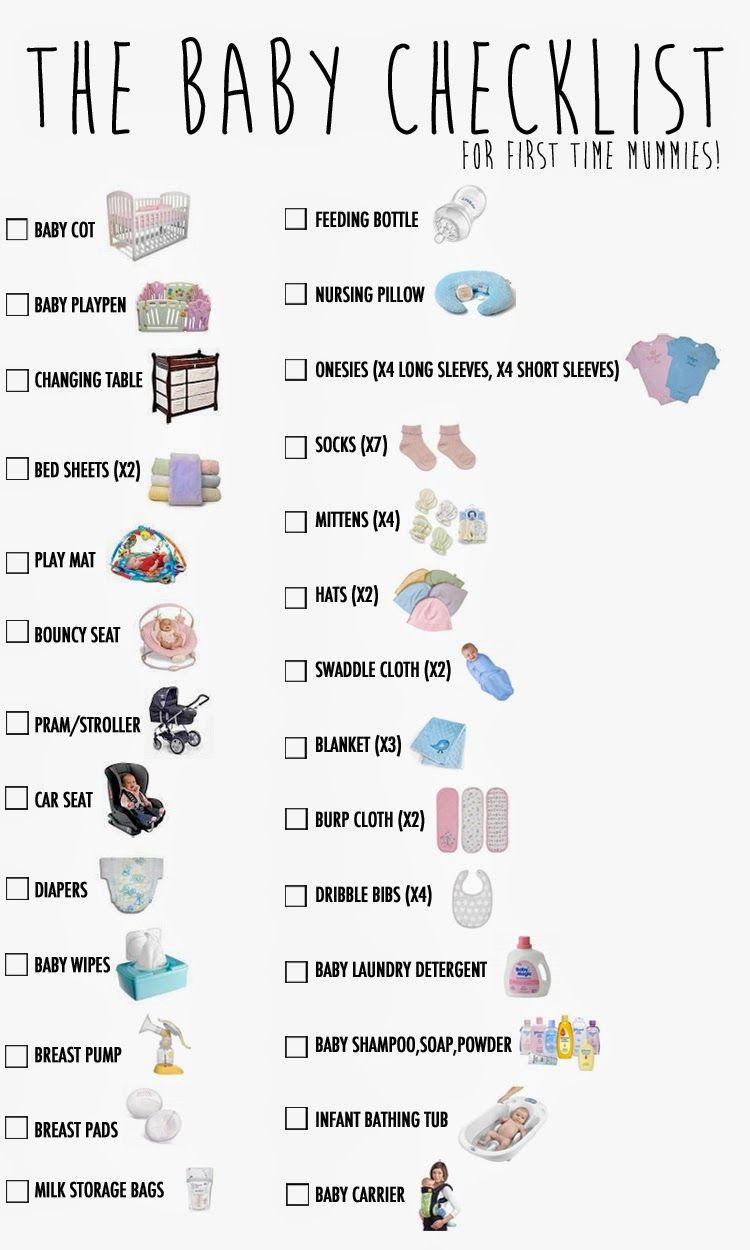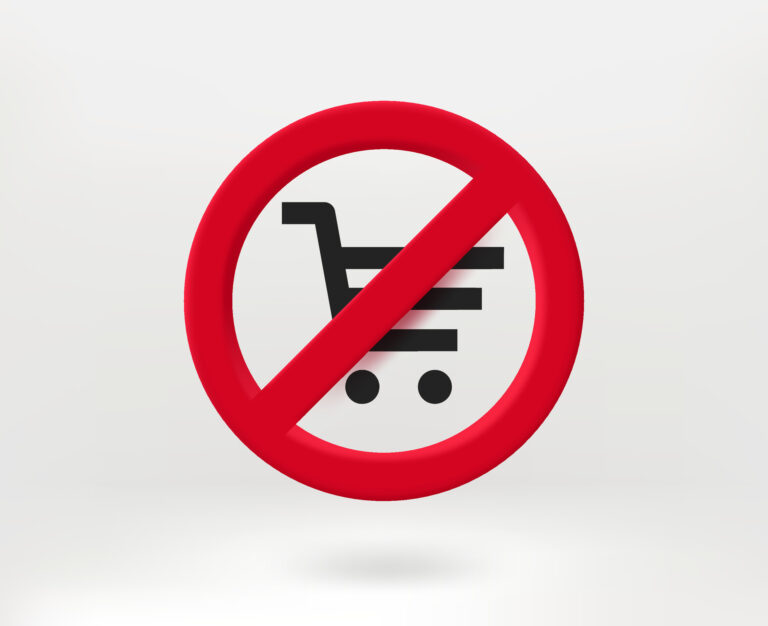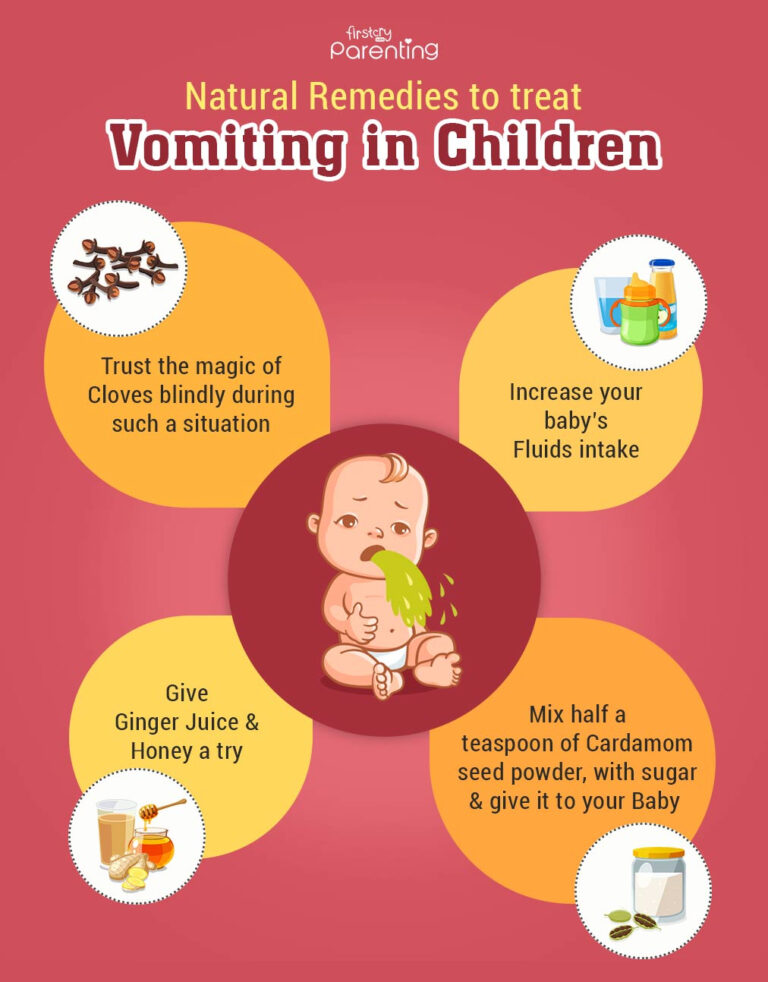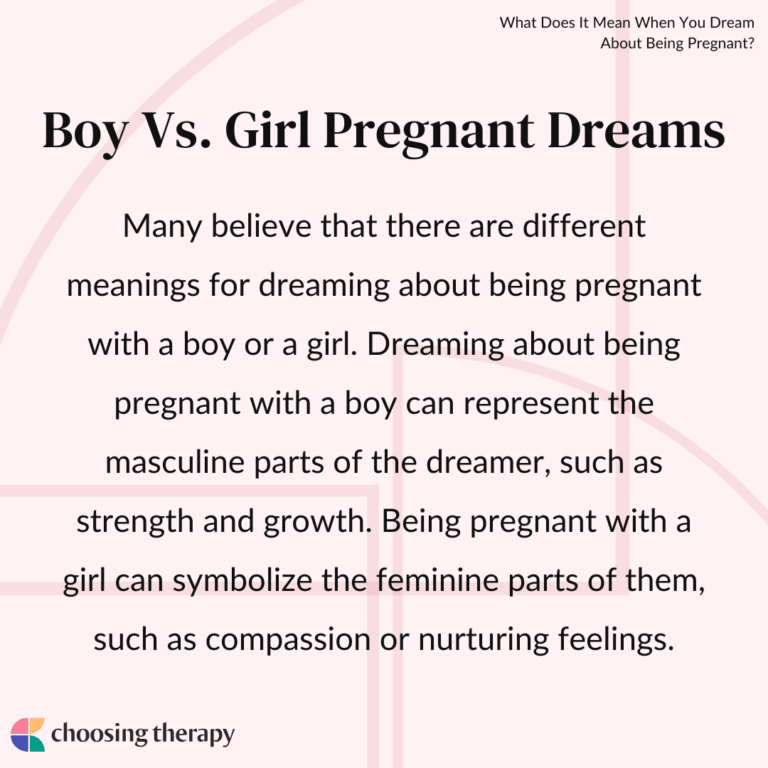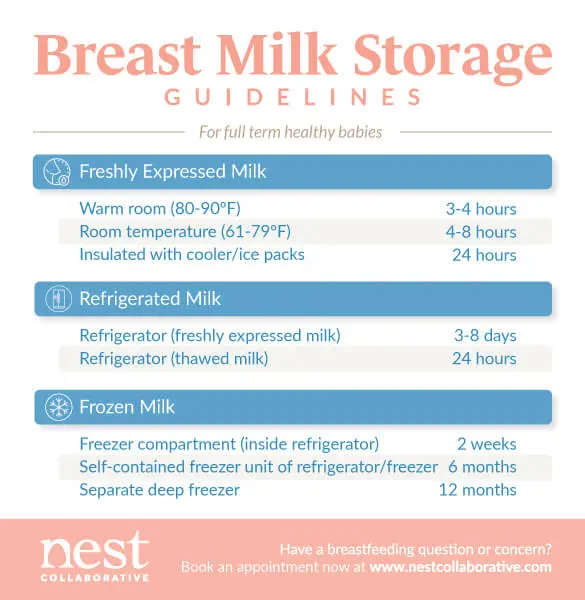How Many Baby Teeth: A Comprehensive Guide
Are you curious about how many baby teeth your little one will have? Understanding the dental development of your child is essential for their overall health and well-being. In this article, we will delve into the fascinating world of baby teeth, also known as primary teeth, and explore the number of teeth your child can expect to have during their early years.
Knowledge
Typically, a baby is born without any visible teeth. However, the process of teething begins around six months of age when the first set of primary teeth start to emerge. By the time a child reaches the age of three, they should have a full set of 20 baby teeth. These primary teeth play a crucial role in helping children chew food, speak clearly, and maintain proper spacing for the permanent teeth that will eventually replace them.
There are different types of baby teeth, each serving a specific function. The primary teeth consist of incisors, canines, and molars. Incisors are the front teeth used for biting and cutting food, while canines are sharper teeth that help tear food. Molars, located at the back of the mouth, are used for grinding and chewing. Understanding the function of each type of baby tooth can help parents monitor their child’s dental development.
The teething process can be a challenging time for both children and parents. As baby teeth begin to emerge, some common symptoms may include drooling, irritability, and swollen gums. Providing your child with teething toys or a cool washcloth to chew on can help alleviate discomfort. It is essential to maintain good oral hygiene practices even before the baby teeth erupt to promote healthy dental habits from an early age.
Proper dental care for baby teeth is crucial for overall oral health. Parents should start cleaning their child’s gums even before the first tooth appears. Once the baby teeth erupt, using a soft-bristled toothbrush and a small amount of fluoride toothpaste can help prevent cavities. Regular dental check-ups are also essential to monitor the growth and development of the primary teeth and address any concerns early on.
Conclusion
In conclusion, understanding how many baby teeth your child will have and the importance of primary teeth is vital for their dental health. With a total of 20 primary teeth that will eventually be replaced by permanent teeth, it is essential to care for these teeth from the moment they start to emerge. By providing proper oral hygiene and regular dental check-ups, parents can help ensure that their child’s primary teeth develop correctly and pave the way for a lifetime of healthy smiles.
Parents, caregivers, and anyone interested in children’s dental health can benefit from learning about the number of baby teeth and how to care for them. By prioritizing oral hygiene and seeking professional dental advice when needed, you can help set the foundation for good dental habits that will benefit your child for years to come.
